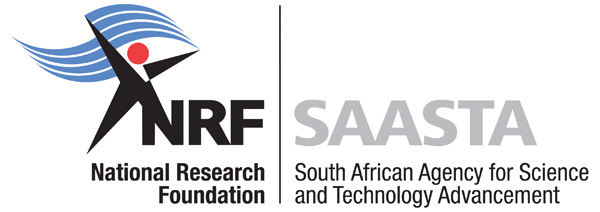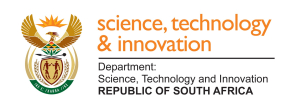Science shops in support of the Science Engagement Strategy (SES)
A critically engaged society, in the context of the Science Engagement Strategy (SES) refers to citizens who do not only participate in dialogues on science issues, but also able to confidently form and express independent opinions on science issues. These include challenging the status quo – it be challenging government decisions or making recommendations to relevant authorities and distinguishing between good and bad science.
This level of citizens’ participation would be possible if citizens value science and are informed about the science issues under consideration. Interventions to build a critically engaged society need to also enhance citizens’ interest and confidence in science and science institutions. A purposefully designed science shop would easily satisfy these expectations.
While fully satisfying the general performance expectations of a science shop as originally known, a science shop under the SES will not be a physical entity. But a “project” between the South African Agency for Science and Technology Advancement (SAASTA) and a university, where –
(a) Based on the project management approach – as defined by the Project Management Institute will be a grant-funded community-based research endeavour undertaken by a public university over a defined period of time, within a defined scope and budget;
(b) All local universities will have an equal chance to participate in the DSI-funded community-based research, thereby afforded an opportunity to contribute to the advancement of communities where they are based;
(c) There is collaboration between a university and a community in identifying the research problem, in the research process and reporting the research results;
(d) SAASTA, which is a business division of the National Research Foundation (NRF) and a national coordinator of science engagement in South Africa will be a grantmaker and any of the local universities be a grantseeker to host a community-based research project; and
(e) A science shop endeavour seeks to achieve the following objectives:
i. provide research support in response to concerns and issues experienced by communities or civil society;
ii. contribute to the development of research skills in young people; and
iii. Showcase real-world situations where problems or challenges encountered by citizens are addressed through multi-disciplinary and/or interdisciplinary research – interfacing social sciences and/or humanities with natural sciences.

 The South Africa Agency for Science and Technology Advancement (SAASTA) is a business unit of the
The South Africa Agency for Science and Technology Advancement (SAASTA) is a business unit of the 